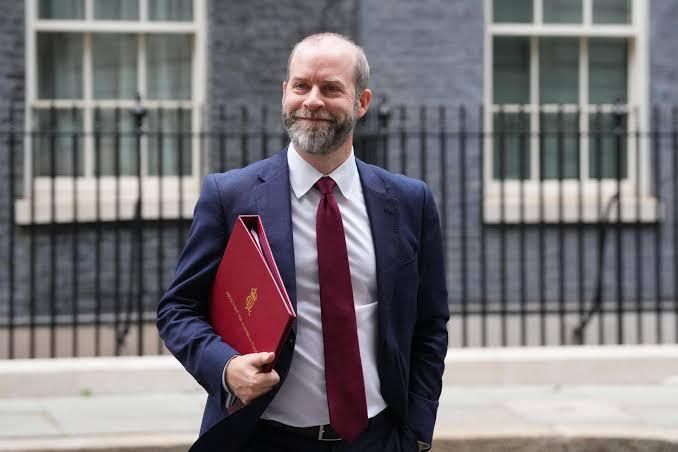Calling it "bizarre" that Jacob Rees-Mogg had started a "war on people working from home," the business secretary has defended Labour's proposals to enact new rules pertaining to flexible working hours.
Jonathan Reynolds made these remarks while working with Communities Secretary Angela Rayner to iron out the last aspects of the workers' rights bill in preparation for the employment bill, which is anticipated to be introduced in the first two weeks of October.
Day-one rights, which Labour plans to implement to grant people the right to maternity leave, sick leave, and the ability to sue for wrongful dismissal from the first day of their work, rather than over a longer length of time, are one point of dispute.
Rayner is understood to believe that probation periods should still apply but should remain at the industry norm of three to six months. There are pressures from senior industry figures, however, to allow longer probation periods of up to a year. The issue is reportedly a source of tension between Rayner and Reynolds.
Reynolds said in an interview with the Times on Tuesday that he would press ahead with key changes to flexible working laws, which he said could reduce regional inequality and contribute to productivity. He said the minimum wage should also be increased in order to guarantee “a decent quality of life”.
Among the changes the government has pledged to bring in are a ban on the use of zero-hours contracts, apart from when an employee specifically requests one; making flexible working the default; ending restrictions on trade union organising; and ending fire-and-rehire policies. The bill was promised to come within 100 days, which means it should be tabled before the October budget.
Reynolds said there was no reason for anyone to object to working from home as long as it was managed well. “We’ve had flexible working laws for quite some time in the UK. I think where people reach agreement with their employer … it does contribute to productivity, it does contribute to their resilience, their ability to stay working for an employer.”
He added: “The UK has very significant regional inequality. It could play a significant contribution to tackling that.”
Reynolds said he had been alarmed at the Conservatives’ approach to working from home, especially in the civil service. He said: “Jacob Rees-Mogg made this big thing as business secretary, declaring war on people working from home. That’s pretty bizarre given the economic position the country was in and the real business agenda that needs to be pursued.”
Regarding proposals to introduce the right for employees to disconnect—that is, to be unable to be contacted—he argued that companies had "genuinely nothing to worry about."
According to him, "good employers recognise that in order to maintain a resilient and motivated workforce, they do need to judge people on outcomes and not a culture of presenteeism."








.svg)


